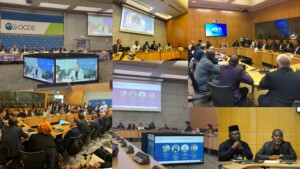
Highlights from the OECD Forum on Responsible Mineral Supply Chains
Last week, representatives of civil society, industry, and governments gathered at the 2024 OECD Forum on Responsible Mineral Supply Chains in Paris. Members of the IPIS team

IPIS Event: Congolese cobalt, EU regulations, and direct investment
On the 30th of November, IPIS hosted its annual panel discussion, this time on current challenges facing the cobalt sector in the Democratic Republic of

G7 targets Russian diamonds – Q&A
Russia’s invasion of Ukraine, which began on February 24, 2022, has led to an unprecedented proliferation of economic sanctions designed to hit Russia’s economy and

Déclaration conjointe d’ONG : Le règlement de l’UE sur les ‘minerais de conflits’ peine à atteindre ses objectifs
20 ONG appellent l’UE à renforcer l’application des règles et à adopter de nouvelles mesures Bruxelles, le 19 octobre 2023 Plus de six ans après son
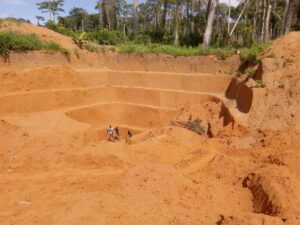
Joint statement on conflict & due diligence legislation
The forthcoming EU due diligence Directive is lacking in its provisions for companies that are active in conflict affected areas and should be amended to
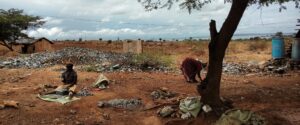
New 5-year project aiming to empower communities and civil society to foster justice and human rights in Tanzania’s natural resource sector
In 2022, IPIS launched new work on the human rights impact of the natural resource sector in Tanzania. Our new five-year project “Empowering Tanzanian communities

Op-ed: Belgium’s inaction on diamond trade with Russia is not justifiable
This op-ed was published in Dutch in De Standaard on April 12, 2022 — Hans Merket The Antwerp diamond hub presents itself as the most
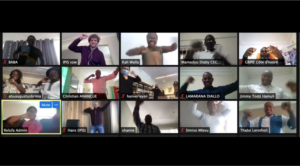
Les temps forts de la CSC PK en 2021
2021 a été, malgré les restrictions liées au COVID-19, une année très chargée pour la Coalition de la Société Civile du Processus de Kimberley (CSC

WEBINAR ALERT: Conflict diamonds are real, real talk is rare & affected communities want answers
On 20 October 2021, the Kimberley Process Civil Society Coalition (KP CSC) is convening its second webinar of 2021 in the conversation on “Conflict diamonds
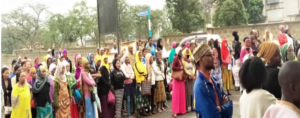
An updated human rights complaint system for Tanzania
Over the past three years, IPIS has been collaborating with Tanzania’s Commission for Human Rights and Good Governance (CHRAGG) to create a new system that
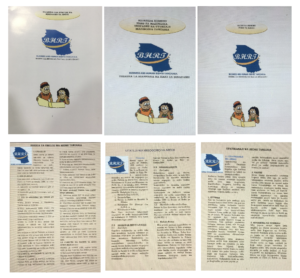
Knowing your rights: awareness raising on land and environmental rights and access to justice in rural communities of Tanzania
As part of the EU-funded project “Improving monitoring, research and dialogue on Business and Human Rights in Tanzania”, Business and Human Rights Tanzania (BHRT) has
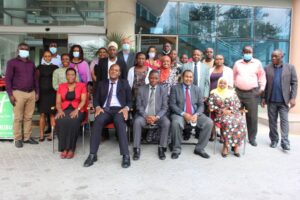
Third Multi-Stakeholder Conference on Business and Human Rights in Tanzania stresses the need for awareness, stakeholder engagement and a National Action Plan
On the 17th of February 2021, around 80 key stakeholders from civil society, communities, business and government agencies from Tanzania mainland and Zanzibar gathered at the Holiday
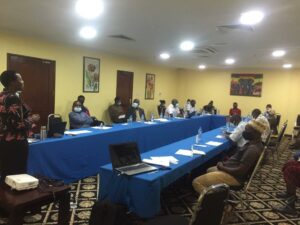
Discussing Business and Human Rights in Tanzania: stakeholder workshops
On 16 February 2021, Business and Human Rights Tanzania (BHRT), the International Peace Information Service (IPIS) and the Commission for Human Rights and good Goverance
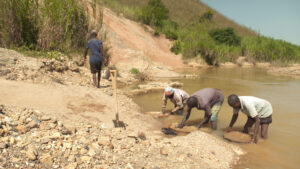
Les diamants de conflits sont réels, les vraies discussions sont rares
IPIS est membre de la Coalition de la Société Civile du Processus de Kimberley qui œuvre pour l’amélioration des droits des communautés touchées par l’extraction

Stakeholder Consultation on the Belgian National Baseline Assessment on Business & Human Rights
On February 10, 2021, HIVA-KU Leuven, The Law and Development Research Group and IPIS will hold a stakeholder consultation on the Belgian National Baseline Assessment on Business & Human Rights. Discover the programme and register here.

Agoria Academy on Supply Chain Due Diligence
On the first of January 2021 the EU Regulation on Responsible Minerals entered into force. It is hence high time for businesses in Europe to
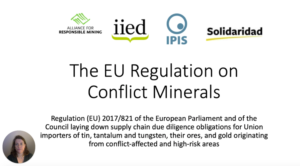
The relevance of the EU Conflict Minerals Regulation for 3TG producing countries
The EU Conflict Minerals Regulation will come into force on January 1, 2021. From this date, European 3TG importers will need to carry out due
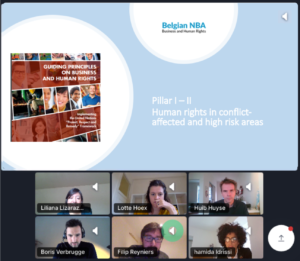
Intermediate findings on the Belgian National Baseline Assessment on Business and Human Rights.
On October 29th, researchers from the University of Antwerp, the University of Leuven and IPIS presented their intermediate findings on the Belgian National Baseline Assessment on Business and Human Rights (NBA) during a workshop of the Sustainable Development Goal Forum 2020.
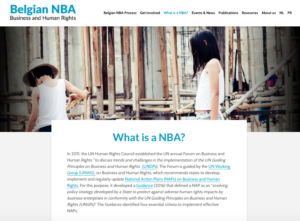
New Website on the Belgian National Baseline Assessment on Business and Human Rights
The website on the Belgian National Baseline Assessment on business and human rights (NBA) informs stakeholders on the NBA process, timeline and methodology.
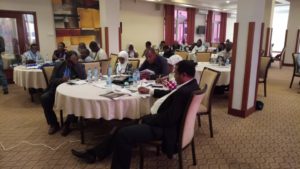
Second multi-stakeholder dialogue on Business and Human Rights in Tanzania urges focus on “the human rights impact of large infrastructure projects”.
Dar es Salaam, 18 March 2020 For the second time, Business and Human Rights Tanzania (BHRT), the Tanzanian Commission for Human Rights and Good Governance

